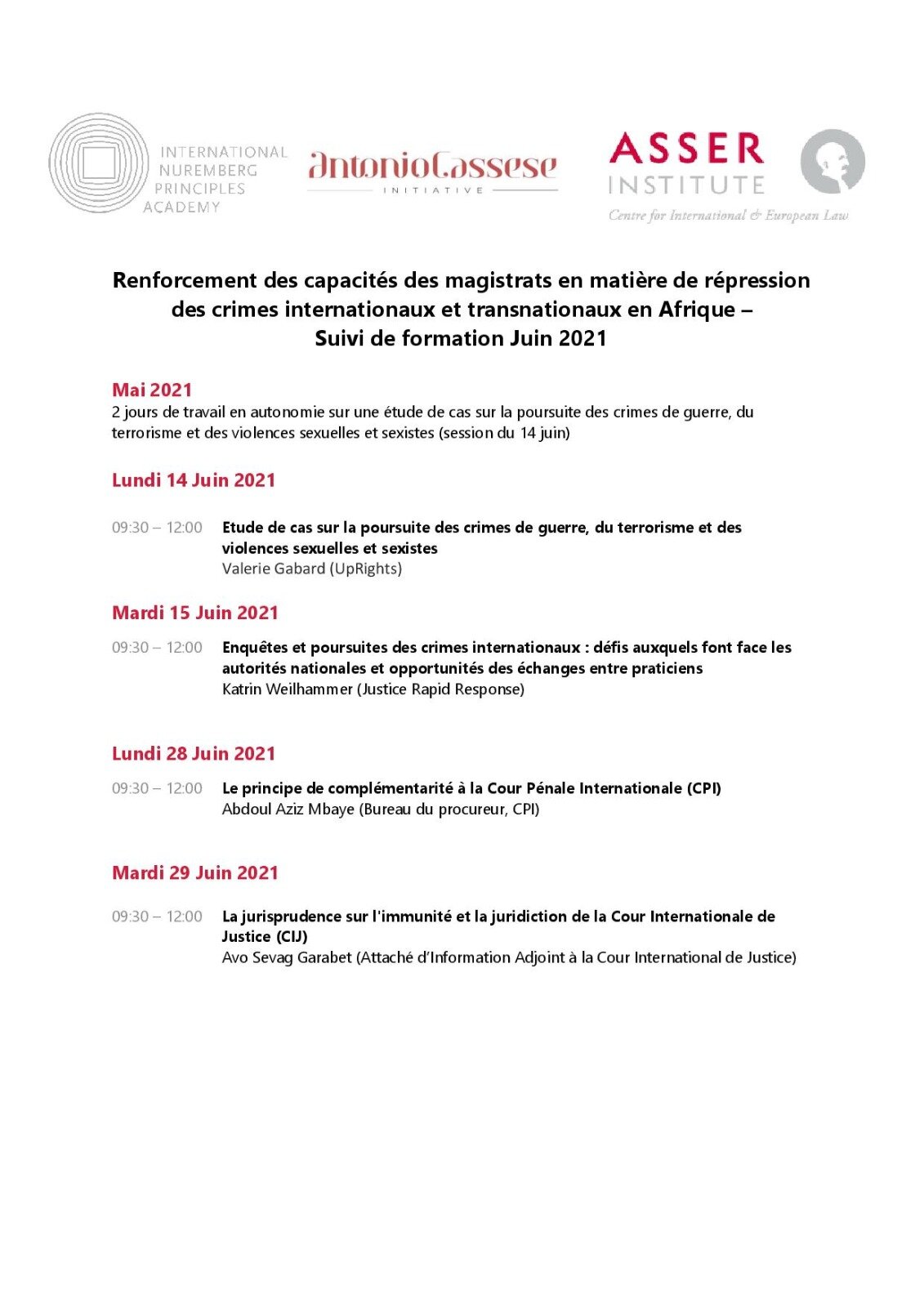On July 18, 2023, UpRights Senior Legal Advisor David Kinnecome alongside Ukrainian judges led the fifth and final workshop focused on procedure in international crimes cases in Ukraine. The workshop is the final in a series of events organized by the USAID Justice for All Activity following the publication of the Benchbook on the Adjudication of International Crimes, which was developed by the USAID Justice for All Activity in partnership with the National School of Judges, Global Rights Compliance, and UpRights.
David and Ukrainian judges presented attendees with national and international perspectives on issues relating to trials in absentia, the assessment and admissibility of digital evidence, and the risks of re-victimization, which are relevant to adjudicating international crimes. In particular, the event highlighted how international practice and procedures can offer guidance and in certain instances persuasive authority when considering procedural issues under the Ukraine Criminal Procedure Code.
The event closed a series of thematic workshops organized following the publication of the Benchbook on 22 June 2023 to provide judges and other stakeholders with the opportunity to discuss substantial and procedural aspects of international crimes adjudication provided by the Benchbook.

